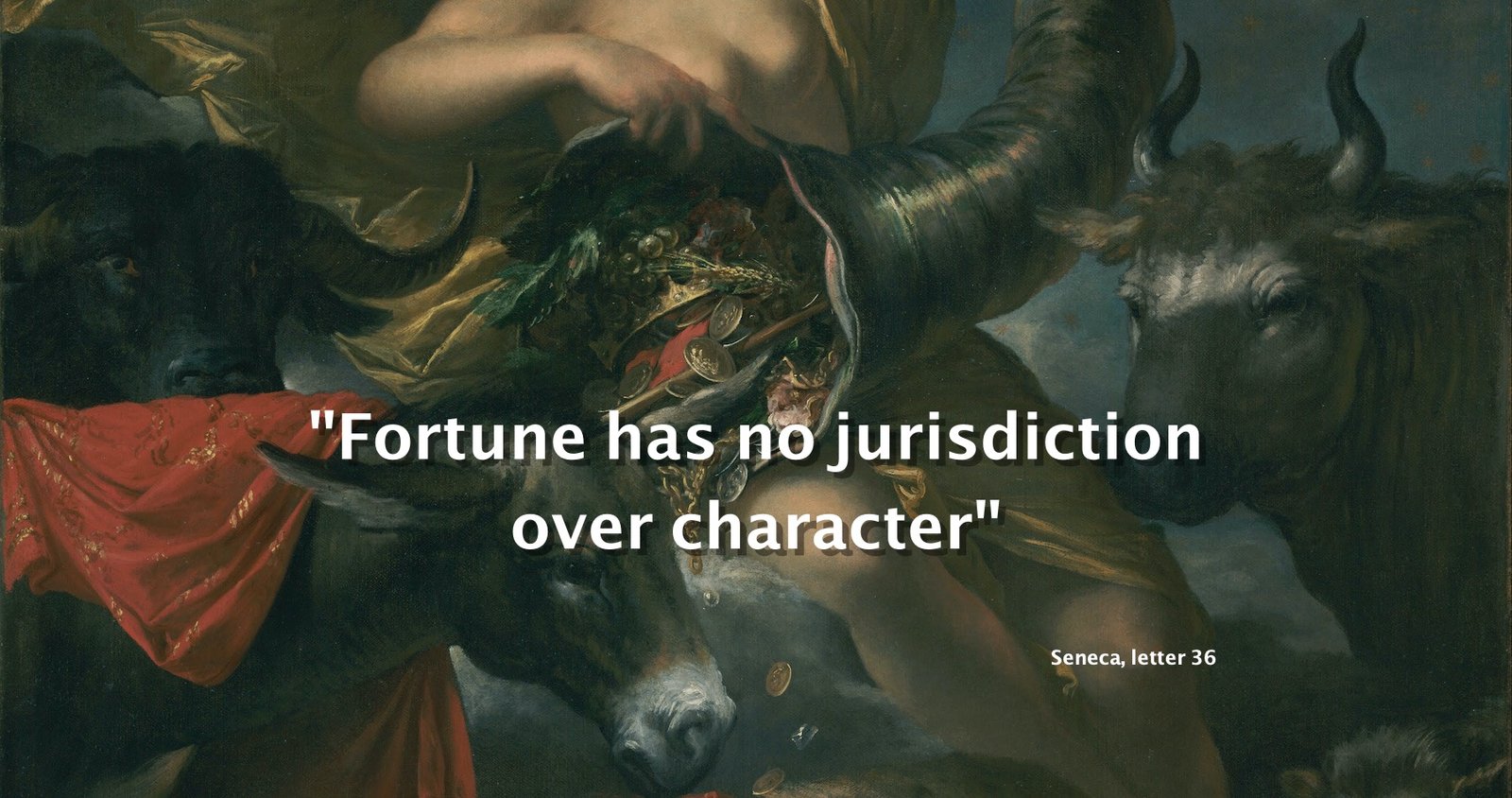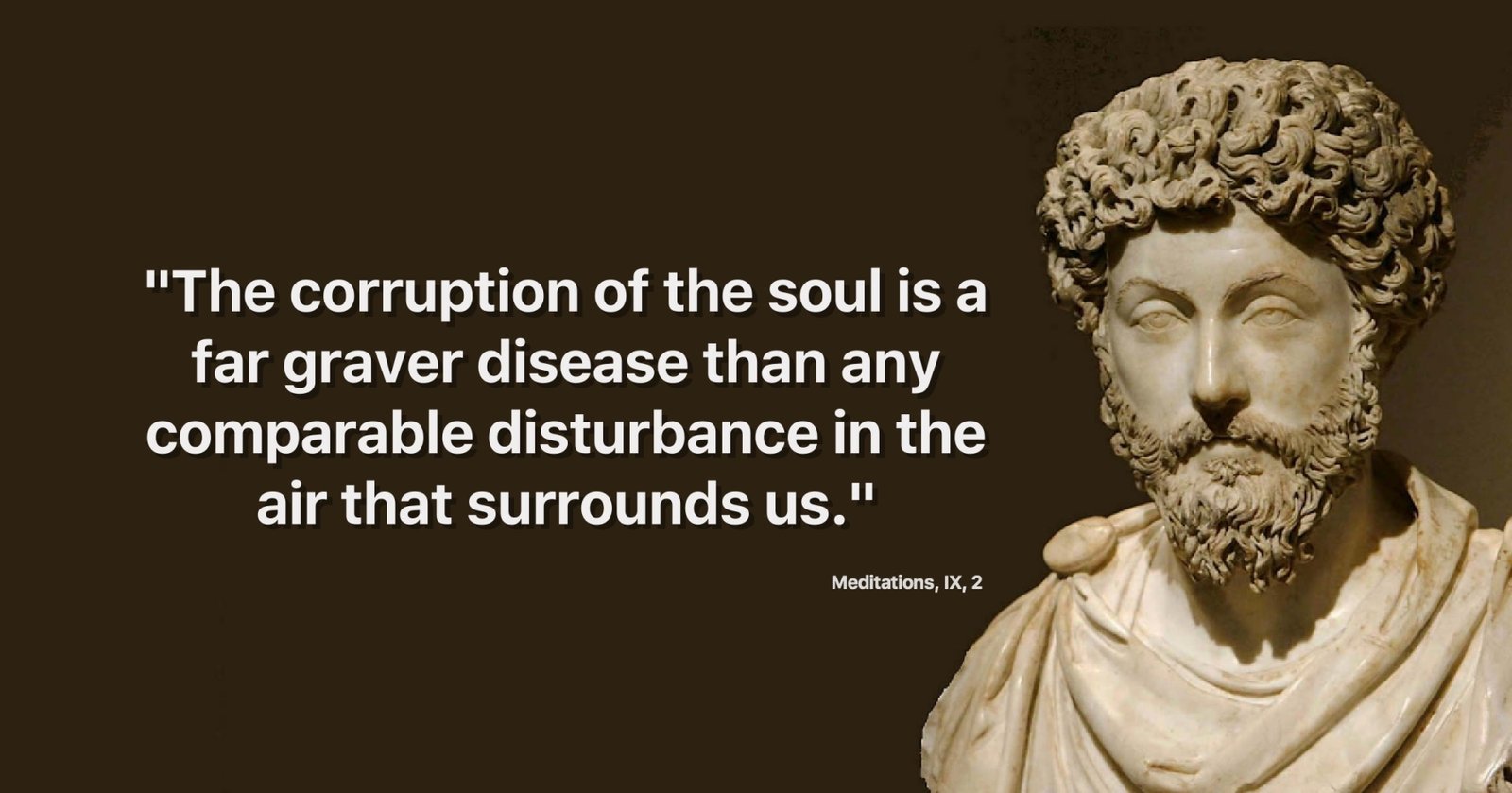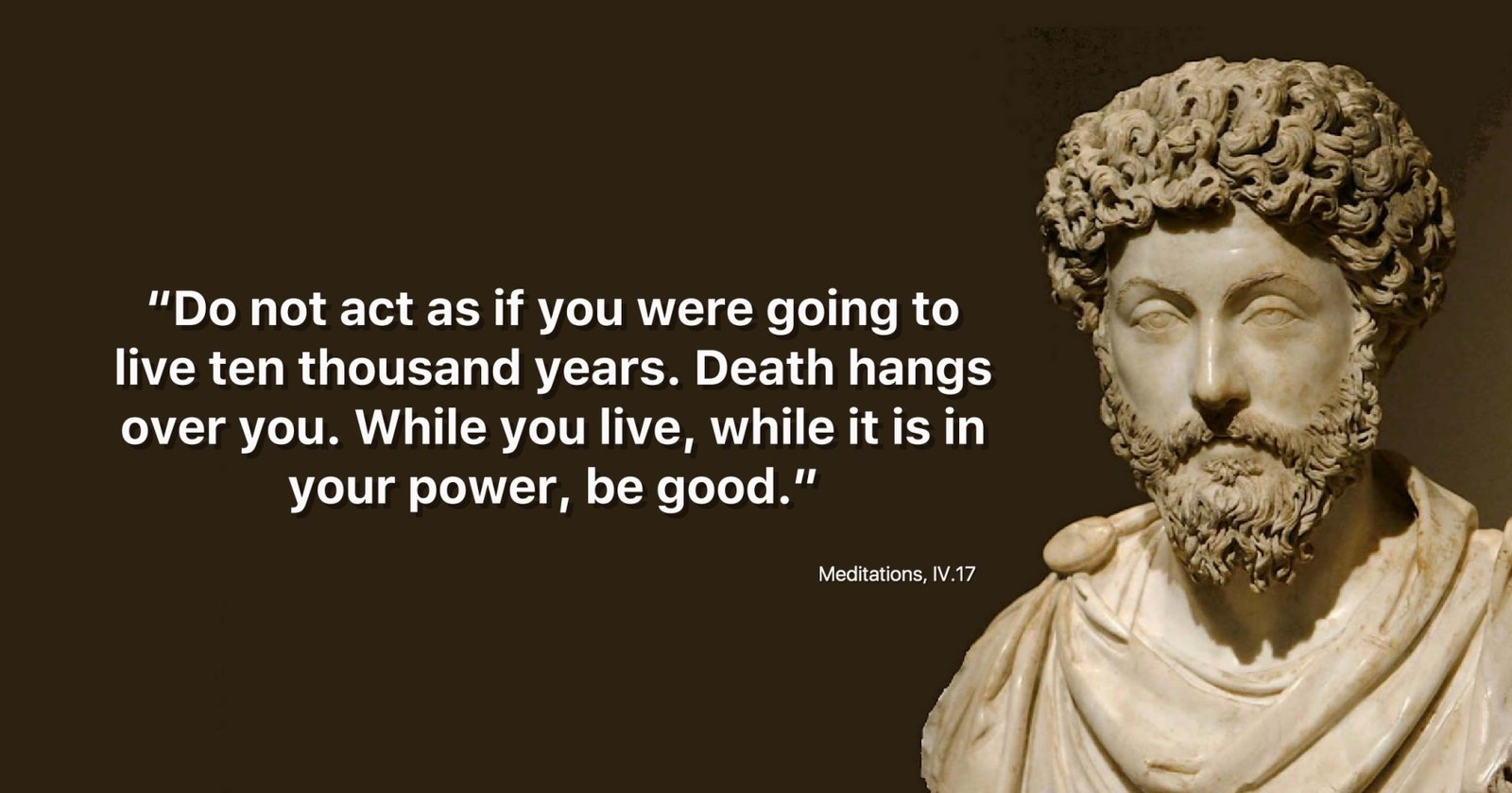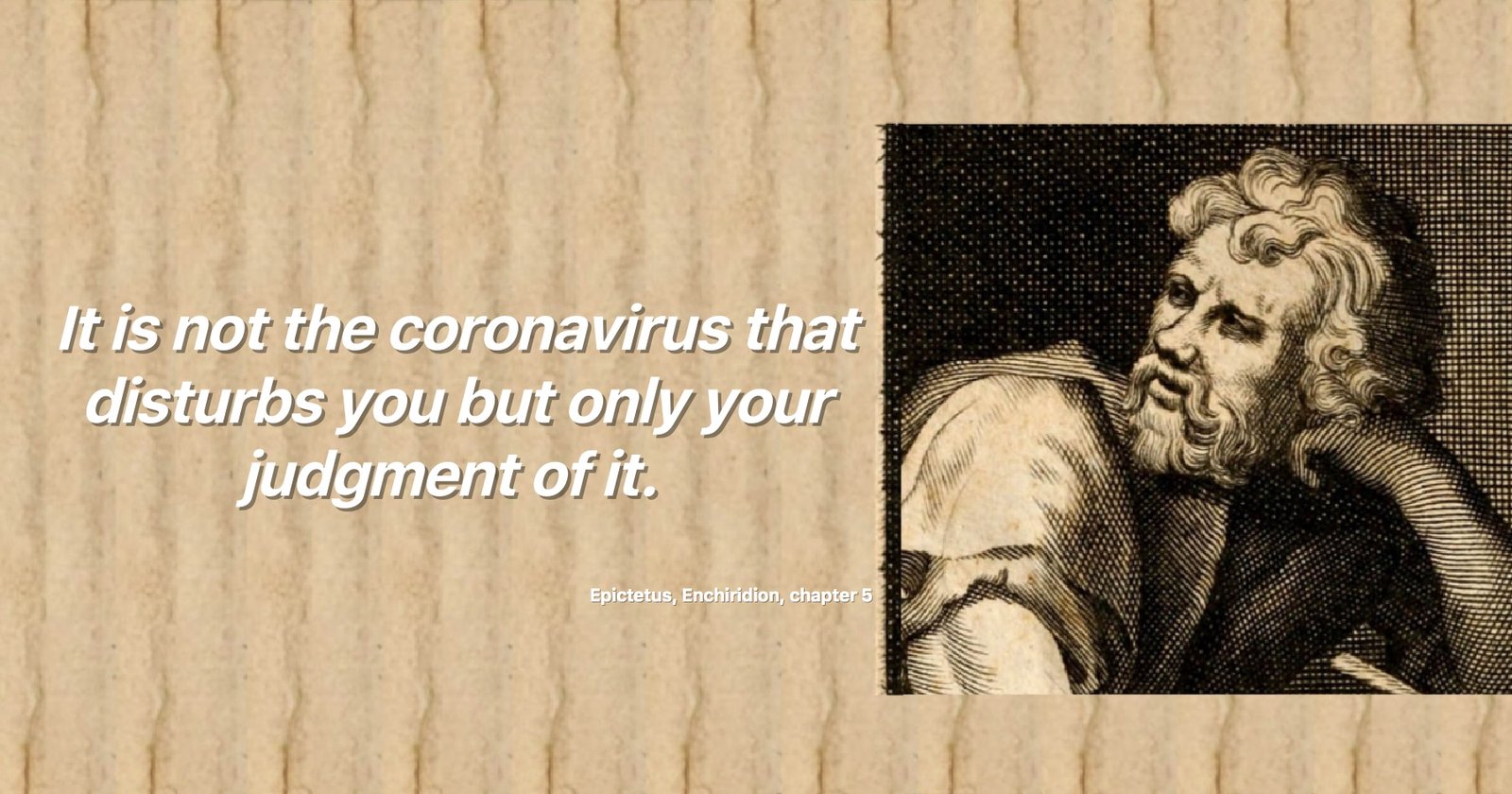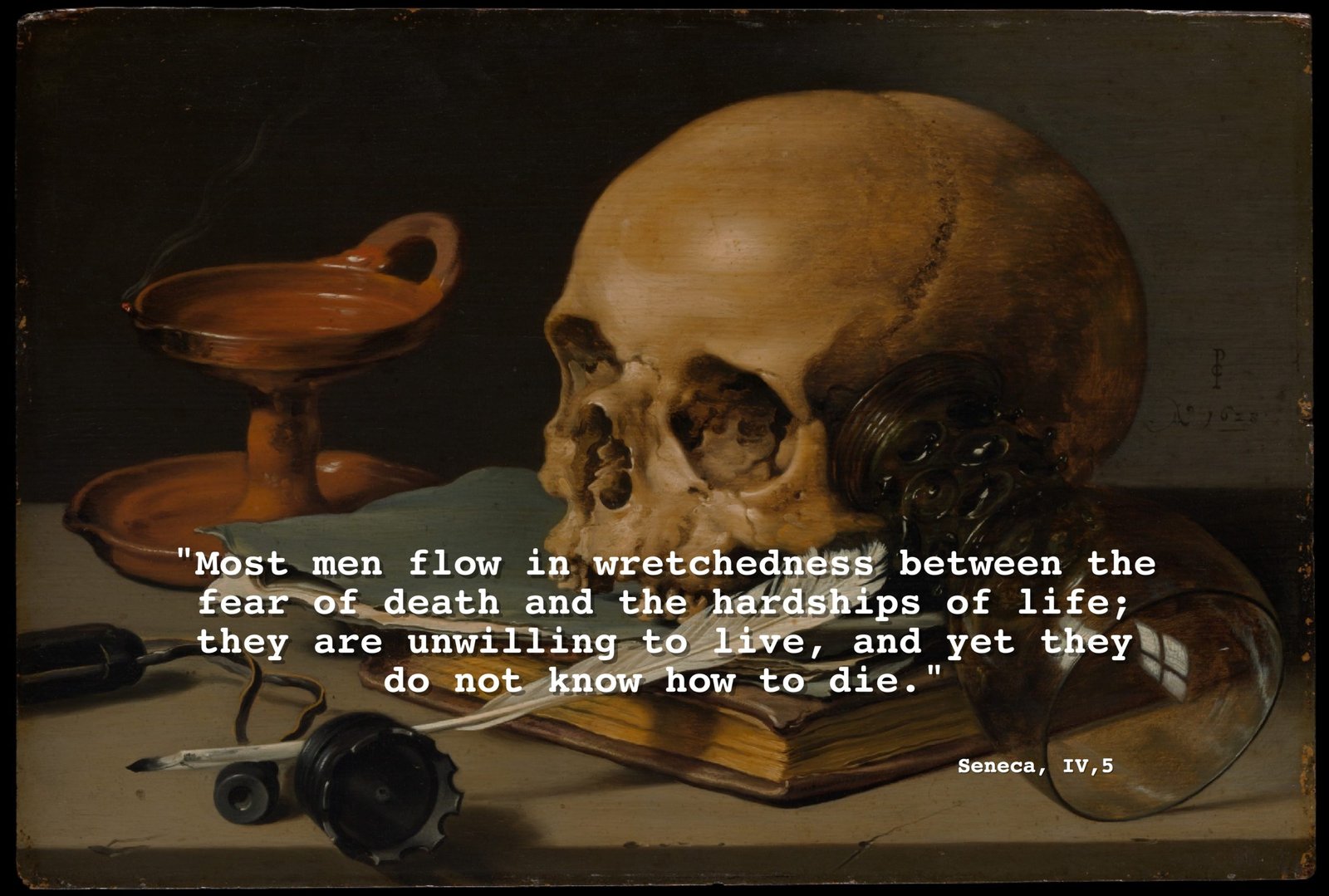In letter 36 Seneca discusses the advantages of being away from business and public life, for what he calls “Otium” an abstract term in Latin, which has a variety of meanings, including the leisure time a person can spend eating, playing, resting, in contemplation or in academic efforts.
Seneca establishes an antithesis at the beginning of the letter between popular success (felicitas), which would be success in the public career, and a life of retirement (otium) being the latter the ideal life. Success is unstable, since it is under Fortuna’s control. Moreover, its effect on those who receive it is not healthy:
“Prosperity is a turbulent thing; it torments itself. It stirs the brain in more ways than one, goading men on to various aims, – some to power, and others to high living. Some it puffs up; others it slackens and wholly enervates“. (XXXVI, 1)
The choice between public life and retirement was an important theme for ancient philosophers, about which Seneca wrote with the experience of both styles of life. It is a topic that he presents in several of his dialogues and letters, including Letter VIII, already commented on on the site.
Retirement is closely linked to Seneca’s true success. Theoretically, the internal state of “happy life” is possible, regardless of external circumstances. In practice, however, retirement is a great help to philosophical progress due to the distance of the harmful influence of the mob.
For Seneca, a Happy Life consists of two qualities: Peace of Mind and Freedom from Fear (securitas et perpetua tranquillitas). Retirement is a great help in achieving peace of mind. Freedom from Fear is achieved by accepting death, the theme of the second half of the letter.
From Section 8 Seneca offers a scientific perspective on death:
“To what, then, shall this friend of yours devote his attention? I say, let him learn that which is helpful against all weapons, against every kind of foe, – contempt of death” (XXXVI, 8)
He concludes the letter with a strong analogy, showing that it is not rational to fear death:
“Infants, and boys, and those who have gone mad, have no fear of death, and it is most shameful if reason cannot afford us that peace of mind to which they have been brought by their folly.” (XXXVI, 12)
(image: Allegory of Fortune, by Salvator Rosa)
XXXVI. On the Value of Retirement
1. Encourage your friend to despise stout-heartedly those who upbraid him because he has sought the shade of retirement and has abdicated his career of honours, and, though he might have attained more, has preferred tranquillity to them all. Let him prove daily to these detractors how wisely he has looked out for his own interests. Those whom men envy will continue to march past him; some will be pushed out of the ranks, and others will fall. Prosperity is a turbulent thing; it torments itself. It stirs the brain in more ways than one, goading men on to various aims, – some to power, and others to high living. Some it puffs up; others it slackens and wholly enervates.
2. “But,” the retort comes, “so-and-so carries his prosperity well.” Yes; just as he carries his liquor. So you need not let this class of men persuade you that one who is besieged by the crowd is happy; they run to him as crowds rush for a pool of water, rendering it muddy while they drain it. But you say: “Men call our friend a trifler and a sluggard.” There are men, you know, whose speech is awry, who use the contrary[1] terms. They called him happy; what of it? Was he happy?
3. Even the fact that to certain persons he seems a man of a very rough and gloomy cast of mind, does not trouble me. Aristo[2] used to say that he preferred a youth of stern disposition to one who was a jolly fellow and agreeable to the crowd. “For,” he added, “wine which, when new, seemed harsh and sour, becomes good wine; but that which tasted well at the vintage cannot stand age.” So let them call him stern and a foe to his own advancement. It is just this sternness that will go well when it is aged, provided only that he continues to cherish virtue and to absorb thoroughly the studies which make for culture, – not those with which it is sufficient for a man to sprinkle himself, but those in which the mind should be steeped.
4. Now is the time to learn. “What? Is there any time when a man should not learn?” By no means; but just as it is creditable for every age to study, so it is not creditable for every age to be instructed. An old man learning his A B C is a disgraceful and absurd object; the young man must store up, the old man must use. You will therefore be doing a thing most helpful to yourself if you make this friend of yours as good a man as possible; those kindnesses, they tell us, are to be both sought for and bestowed, which benefit the giver no less than the receiver; and they are unquestionably the best kind.
5. Finally, he has no longer any freedom in the matter; he has pledged his word. And it is less disgraceful to compound with a creditor than to compound with a promising future. To pay his debt of money, the business man must have a prosperous voyage, the farmer must have fruitful fields and kindly weather; but the debt which your friend owes can be completely paid by mere goodwill.
6. Fortune has no jurisdiction over character. Let him so regulate his character that in perfect peace he may bring to perfection that spirit within him which feels neither loss nor gain, but remains in the same attitude, no matter how things fall out. A spirit like this, if it is heaped with worldly goods, rises superior to its wealth; if, on the other hand, chance has stripped him of a part of his wealth, or even all, it is not impaired.
7. If your friend had been born in Parthia, he would have begun, when a child, to bend the bow; if in Germany, he would forthwith have been brandishing his slender spear; if he had been born in the days of our forefathers, he would have learned to ride a horse and smite his enemy hand to hand. These are the occupations which the system of each race recommends to the individual, – yes, prescribes for him.
8. To what, then, shall this friend[3] of yours devote his attention? I say, let him learn that which is helpful against all weapons, against every kind of foe, – contempt of death; because no one doubts that death has in it something that inspires terror, so that it shocks even our souls, which nature has so moulded that they love their own existence; for otherwise[4] there would be no need to prepare ourselves, and to whet our courage, to face that towards which we should move with a sort of voluntary instinct, precisely as all men tend to preserve their existence.
9. No man learns a thing in order that, if necessity arises, he may lie down with composure upon a bed of roses; but he steels his courage to this end, – that he may not surrender his plighted faith to torture, and that, if need be, he may some day stay out his watch in the trenches, even though wounded, without even leaning on his spear; because sleep is likely to creep over men who support themselves by any prop whatsoever. In death there is nothing harmful; for there must exist something to which it is harmful.[5]
10. And yet, if you are possessed by so great a craving for a longer life, reflect that none of the objects which vanish from our gaze and are re-absorbed into the world of things, from which they have come forth and are soon to come forth again, is annihilated; they merely end their course and do not perish. And death, which we fear and shrink from, merely interrupts life, but does not steal it away; the time will return when we shall be restored to the light of day; and many men would object to this, were they not brought back in forgetfulness of the past.
11. But I mean to show you later,[6] with more care, that everything which seems to perish merely changes. Since you are destined to return, you ought to depart with a tranquil mind. Mark how the round of the universe repeats its course; you will see that no star in our firmament is extinguished, but that they all set and rise in alternation. Summer has gone, but another year will bring it again; winter lies low, but will be restored by its own proper months; night has overwhelmed the sun, but day will soon rout the night again. The wandering stars retrace their former courses; a part of the sky is rising unceasingly, and a part is sinking.
12. One word more, and then I shall stop; infants, and boys, and those who have gone mad, have no fear of death, and it is most shameful if reason cannot afford us that peace of mind to which they have been brought by their folly.
Farewell
Footnotes
- ↑ i.e., they are no more correct now, when they called him a trifler, than they were before, when they called him happy.
- ↑ Aristo of Chios, Frag. 388 von Armin.
- ↑ As a Roman, living in an age when philosophy was recommended and prescribed.
- ↑ i.e., if death inspired no terror.
- ↑ And since after death we do not exist, death cannot be harmful to us. Seneca has in mind the argument of Epicurus (Diogenes Laertius, x. 124-5): “Therefore the most dread-inspiring of all evils, death, is nothing to us; for when we exist; death is not present in us, and when death is present, then we do not exist. Therefore it does not concern either the living or the dead; for to the living it has no existence, and the dead do not themselves exist.” Lucretius uses this argument, concluding it with (iii. 830): Nil igitur mors est ad nos neque pertinet hilum.
- ↑ For example, in Ep. lxxvii.

